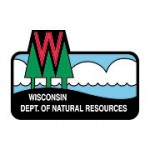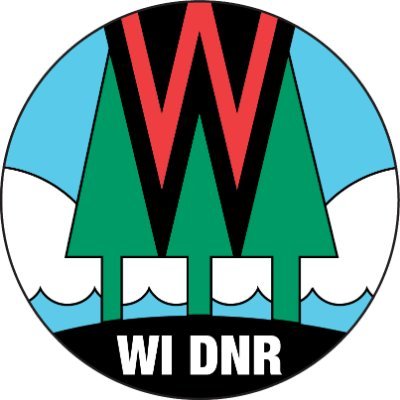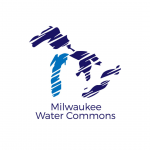DNR Awarded $2 Million To Assess Brownfields
MADISON, Wis. – The Wisconsin Department of Natural Resources (DNR) today announced the department was awarded a $2 million grant from the U.S. Environmental Protection Agency (EPA) made possible by the Bipartisan Infrastructure Law to assess potentially contaminated brownfield properties throughout the state in historically underserved areas.
“From Superior to Rhinelander to Milwaukee, these funds will play a critical role in continuing to address various contaminants, hazardous substances, and pollutants, as well as the economic, social, and environmental consequences they cause,” said Gov. Tony Evers. “I want to share my thanks to the Biden Administration for this critical investment, the Wisconsin Department of Natural Resources and Secretary Preston Cole for their leadership on this issue, as well as the local leaders who are critical partners in these cleanup efforts as we continue our work to ensure safer, cleaner communities across our state.”
The grant is from the EPA’s Brownfields Program and is supported by the Bipartisan Infrastructure Law, which provides a historic $1.5 billion to advance environmental justice, spur economic revitalization, and create jobs by cleaning up contaminated, polluted or hazardous brownfield properties nationwide. The grant provides a variety of funding mechanisms to assess and clean up brownfields and provides environmental job training, technical assistance and research.
“This important funding will support brownfields redevelopment efforts in rural and underserved communities with environmental justice concerns that may not otherwise have the resources to assess and address potentially contaminated sites,” said DNR Secretary Preston D. Cole. “This funding is an opportunity for Wisconsin to continue the critical work of addressing brownfields. We remain steadfast in our commitment to protecting all Wisconsinites who should have access to safe, clean water and clean air.”
This grant encompasses three target areas throughout the State of Wisconsin – the North Central Regional Planning Commission 10-County service area, the Lake Superior Lakeshore, and the Old North Milwaukee neighborhood. Priority sites include a parcel that formerly housed an automobile repair site and dry cleaner buildings in the City of Rhinelander, a historic underutilized warehouse located on a marina in the City of Superior, and three former dry cleaner buildings in the older northern area in the City of Milwaukee.
Late last year, the EPA announced a $5 billion nationwide investment from the federal Bipartisan Infrastructure Law to clean up longstanding pollution at Superfund and brownfield sites and improve waste management and recycling systems.
The DNR will use a portion of the grant from the EPA to continue the Wisconsin Assessment Monies program, which provides contractor services and community-managed funding for the environmental assessment of eligible brownfield sites.
Since 2009, the DNR’s Wisconsin Assessment Monies program has provided more than $2.9 million to 71 communities across Wisconsin, partnering to help address and redevelop run-down or underused properties that detract from a community’s vitality. Applications for assistance may be submitted to the DNR at any time.
A new initiative to assess the risks of vapor intrusion from historical dry cleaning operations will be made possible because of the EPA grant. Long before there were rules to manage disposal of contaminated waste, liquid and solids wastes caused soil, groundwater and sewer contamination at historical dry cleaning operations. The odorless chemical vapors from the contamination can enter buildings and accumulate in indoor air decades after the dry cleaning operation is gone. This movement of contaminant vapors is called vapor intrusion and can present acute and long-term health risks to building occupants.
The DNR has a wide range of financial and liability tools available to help local governments, businesses, lenders, and others clean up and redevelop brownfields in Wisconsin, including Ready for Reuse financial awards, which may be used for environmental cleanup. DNR staff around the state are available to meet with community leaders, bankers, developers and private individuals to discuss brownfield projects through Green Team meetings.
More information about the DNR’s brownfields cleanup programs and services is available on the DNR’s brownfields webpage.
NOTE: This press release was submitted to Urban Milwaukee and was not written by an Urban Milwaukee writer. While it is believed to be reliable, Urban Milwaukee does not guarantee its accuracy or completeness.




















